28 Mar 2018
Numbers might not stack up for Libs | The Advertiser
Dean Jaensch | The Advertiser
THE Marshall Liberal government is entrenched in office, with 25 of the 47 seats in the House of Assembly.
But will the parliament allow it to put its policies into law. That is, does it have a mandate? This word is often misused. In essence, a mandate is a “permission” granted by the electorate.
The Liberal Party has achieved the essential requirements to claim this.
It has the majority support of the electorate, with over 50 per cent of the two-party preferred votes. It has a majority of seats in the Legislative Assembly, the upper house of government. But this mandate is limited in two ways. First, a mandate applies only to policy matters which the government clearly proposed in the campaign. On new matters the parliament has an key role in debates and decision-making.
The problem is that parties on the Opposition bench, and the independents and minor party members of the crossbench, often do not sufficiently recognise that their task is to offer reasonable and reasoned debates and votes rather than simply the ideologies and manifestos from their own election campaigns.
This raises the second limitation on a government which has won a mandate – a hung Upper House.
After the election, and some subsequent events, the new Legislative Council will probably consist of nine Liberal (augmented by the defection of ex-Australian Conservatives MLC Dennis Hood), eight Labor, two SA Best (Frank Pangallo and Connie Bonaros), two Greens, and one Advance SA (John Darley).
The Marshall government needs support from at least 12 of the 22 members to pass legislation in the Council. This is a much more complex scenario than the situation of the Turnbull government which can carry its legislation through the Senate with the support of nine of the 11 independents and minor parties. They can over-ride the LaborGreen bloc which regularly votes against the Coalition regardless of the Turnbull mandate.
In the Legislative Council, the Labor- Green bloc will hold 10 of the 22 seats facing nine Liberals. But Liberal MLC Andrew McLachlan has accepted the position of President of the Legislative Council. He does not have a deliberative vote, only a casting vote.
This reduces the Liberal Party on the floor of the house to eight. Hence the best that the Liberal Party can do, if the three “independents” support it, is 11 votes to 10 on the floor of the house – a very narrow and unstable majority.
If the SA Best and Advance SA members decide to use their votes in different party directions the situation becomes very complex, and Mr McLachlan’s casting vote may be needed. There are certainly interesting times ahead.

